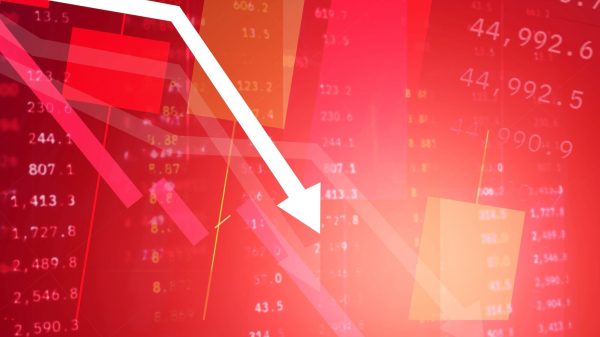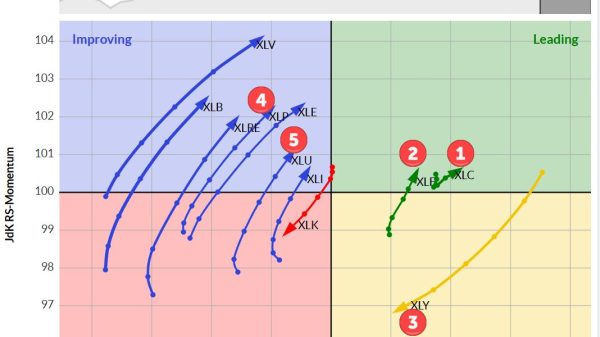German Industrial Output Dips 1.6%, Defying Forecasts
German industrial production fell 1.6% in December, a steeper decline than the 0.4% analysts’ forecast. Energy-intensive sectors saw a significant 5.8% decrease, with notable downturns in the chemical and construction industries. Despite an 8.9% surge in industrial orders due to exceptional aircraft demand, the overall production trend remains downward.The latest report from the German Federal Statistics Office on Wednesday unveiled a concerning trend in the country’s industrial production, with December experiencing a 1.6% decline. This drop, significantly exceeding expectations, marks the seventh consecutive month of contraction, highlighting the growing challenges in the industrial sector, a cornerstone of the German economy. Analysts point to high energy costs and reduced demand, both domestically and internationally, as key factors behind this persistent downturn.
Impact Across Sectors: Energy and Autos Diverge
December’s decline had a disparate impact across different industrial sectors. Energy-intensive industries bore the brunt, with a 5.8% decrease in output. Notably, the chemical industry, vital to Germany’s industrial landscape, witnessed a 7.6% fall in production. The construction sector also encountered challenges, recording a 3.4% decline. Conversely, the automotive industry provided a glimmer of hope, showing a 4.0% increase in production, which softened the overall blow to industrial output.
GDP Concerns and the Contrast in Orders
The ongoing declines have heightened worries about a potential downward adjustment to Germany’s fourth-quarter GDP growth. With the GDP already shrinking by 0.3% in the last quarter of the previous year, the continued dip in industrial production increases the likelihood of a recession. In contrast, December saw a surprising 8.9% surge in industrial orders, bolstered by a notable increase in aircraft orders. Yet, despite this uptick in orders, the prevailing trend indicates that the sector has not begun to recover. This discrepancy between the rise in orders and the drop in output underscores the multifaceted challenges confronting the German economy, with the overall production in 2023 falling 1.5% below the levels of the previous year.
The post German Industrial Output Dips 1.6%, Defying Forecasts appeared first on FinanceBrokerage.























